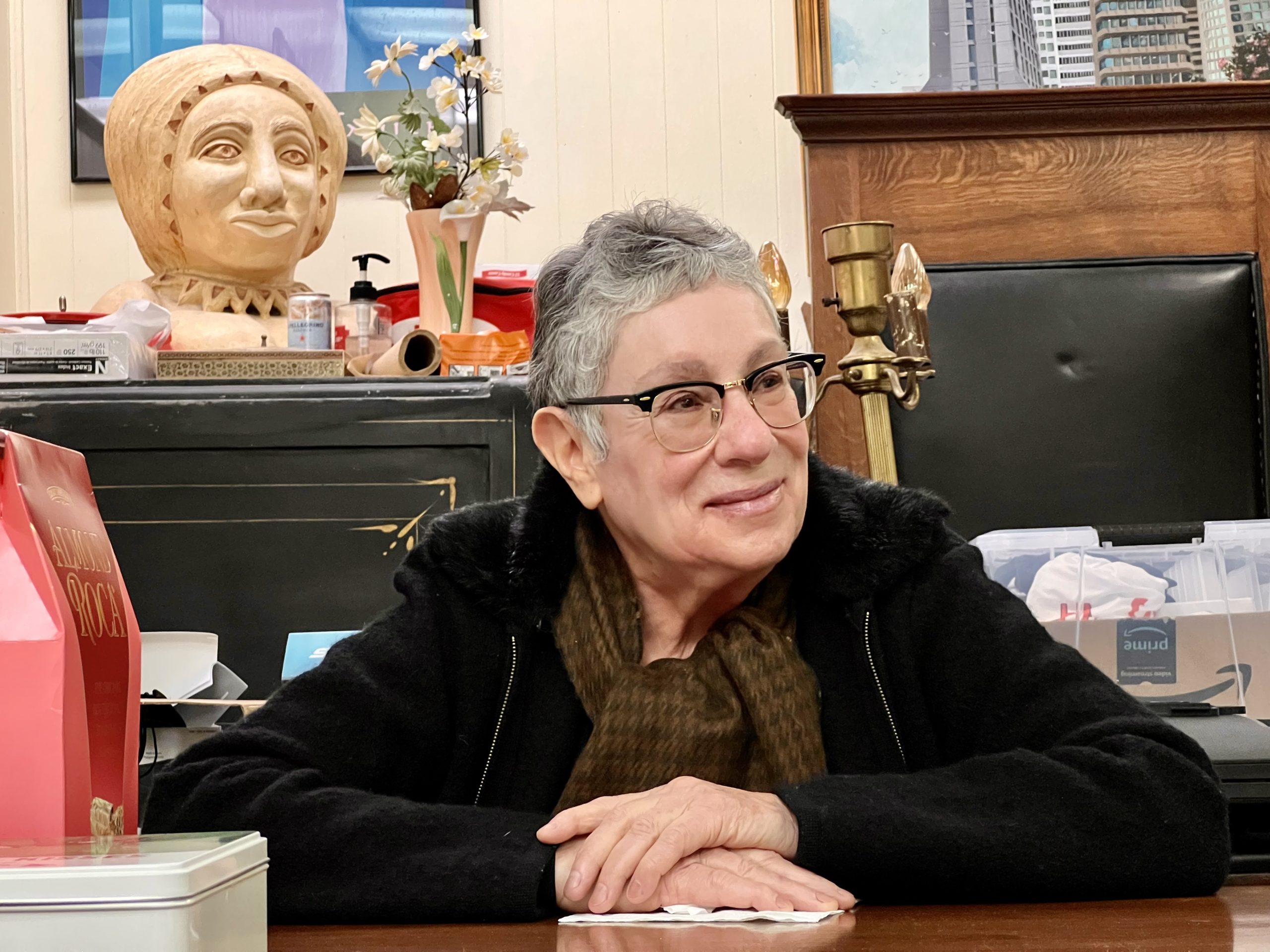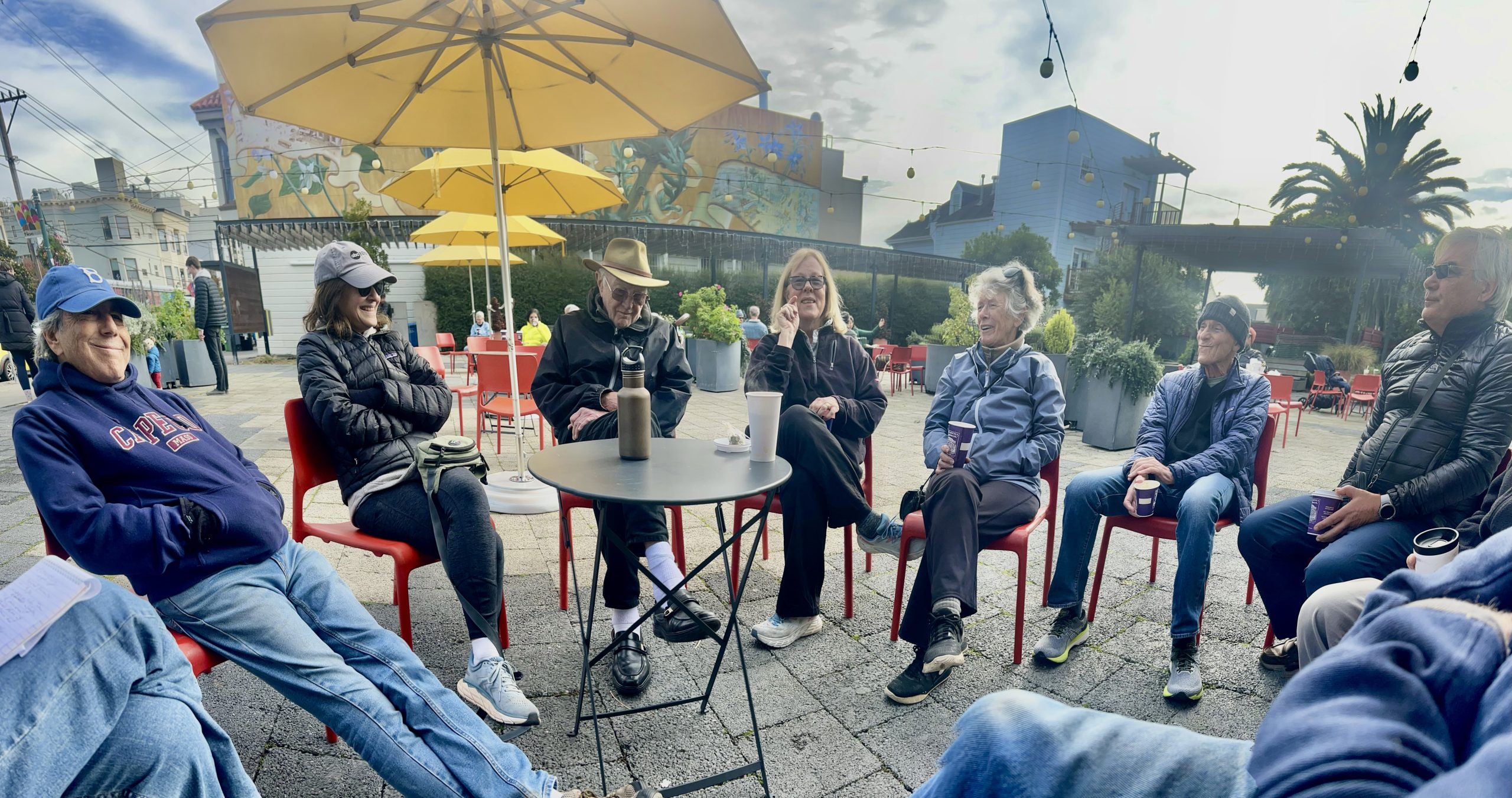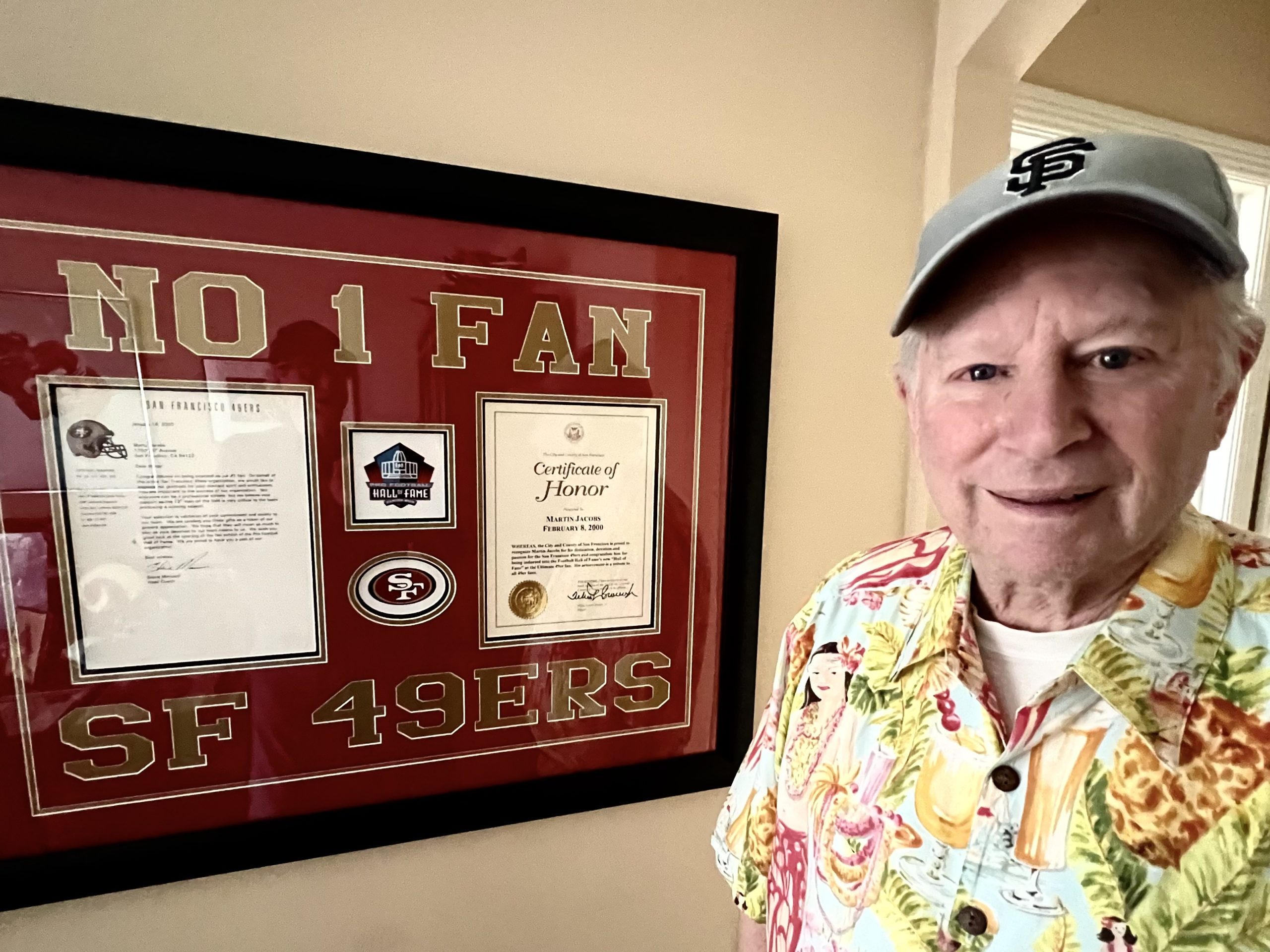A history of struggles and challenges, but El Tecolote, its founder and City College journalism chair persisted
Juan Gonzales doesn’t discourage easily.
His high school guidance counselor didn’t think he was a candidate for college. The faculty at San Francisco State University didn’t think he had what it takes to teach journalism. And the Spanish language press in San Francisco’s Mission District didn’t think publishing a bilingual newspaper would be a success.
None of those negative prognostications aged well. Among other academic degrees, Gonzales holds a Master’s of Journalism from Stanford University. He’s taught journalism – and chaired the department – at City College of San Francisco for more than 35 years. And El Tecolote, the bilingual newspaper he founded and edited for about 20 years, is still publishing and winning awards after more than 50 years.

“My history has always been that of struggle and challenges, hanging in there and fighting,” the 74-year-old journalist and educator said in a recent interview.
Gonzales doesn’t fit the traditional model of the journalist as the neutral observer. He’s used his skills as a tool to serve the Latino and broader working-class communities of San Francisco. “I’ve tried to be an inspiration and a role model for people doing the work that’s important to the community,” he said.
That’s why he insisted that El Tecolote be published in Spanish and English and that why, under his leadership, its small, largely volunteer staff conducts the kind of socially focused investigations few community newspapers would undertake.
The Journalist as activist
Gonzales’ path to journalism was conventional — at first. He served as an editor of student papers in high school, community college and university.
Being an activist wasn’t what he had in mind when he studied journalism at San Francisco State University. “I had big ambitions. My intent was to get a degree and then work for the New York Times or The Washington Post or Life magazine.”
But Gonzales was caught up in the turmoil of the ground-breaking strike at SF State where he reported for the student newspaper, The Phoenix. The strike, which lasted for months, was led by students of color who demanded the college establish a department of ethnic studies.
While covering the story, Gonzales was confronted by a striker who said, ‘“You’re a journalist, and you’re learning how to tell stories. Don’t you think you want to use those skills to tell the stories of people of your own background and your own community?’” Gonzales recalled.
The question struck a chord. “A light went on,” Gonzales said. Soon he successfully pushed the editors of The Phoenix to publish a staff-written editorial supporting the strike.
After a bitter and sometimes violent struggle, many of the strikers’ demands were met. Although he had no formal teaching experience, Gonzales was asked to teach a course in La Raza media studies after the strike ended in 1970. Before long, his students were cranking out stories, and Gonzales realized they deserved a platform beyond the college.
The Mission needs a newspaper
“I said to myself, maybe there’s a need for a newspaper in the Mission, you know, something that’s going to speak to the culture and the issues and the people,” Gonzales said. The idea resonated with the students and there was support in The Mission, where had had lived for some time.
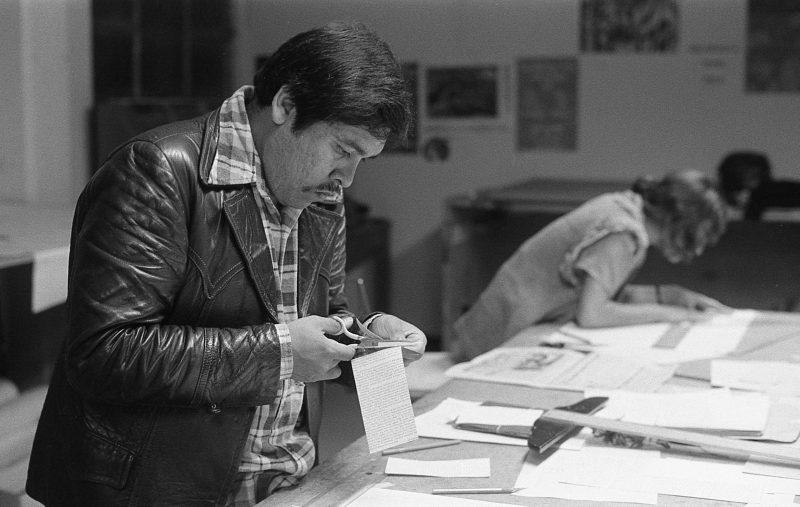

Wanting to reach the broadest possible audience, Gonzales and his colleagues opted to make the paper bilingual, despite objections from the established Spanish-language press in the neighborhood. The group raised $400 and prepared to produce a paper.
But what to name it? That was in 1970, a time when alternative papers in the Latino community had names like Sangre and Revolución. “We were really hesitant about giving a paper a kind of a radical name because we didn’t want to turn off people just because of the name,” Gonzales said. Instead, the paper was christened El Tecolote, Spanish for the owl.
An editor’s note on the front page of the paper’s first issue summed up their vision: “A well-informed people are a progressive people.” According to Alexis Terrazas, now the paper’s editor-in-chief “that vision lives on today.”
Before long, El Tecolote’s small staff was producing scoops not seen in the city’s major dailies. It broke the story of a pregnant Latina woman who lost her baby because San Francisco General Hospital had too few, if any, interpreters. The expose prompted the hospital to begin hiring interpreters. Other scoops followed, and soon the paper and its editor were becoming known in the Bay Area.
Stanford University sought out Gonzales and convinced him to enroll as a student in its graduate journalism program.
Becoming a Stanford grad in 1977 was especially sweet for Gonzales. He grew up in a working-class family in Stockton, the son of farmworkers. When he was close to graduating high school he noticed that some of his friends were getting acceptance letters from colleges like Stanford and the University of California. But he’d never been encouraged to apply at those schools. Asking his guidance counselor why not, he was told “I never thought you’d want to go to college after high school.”
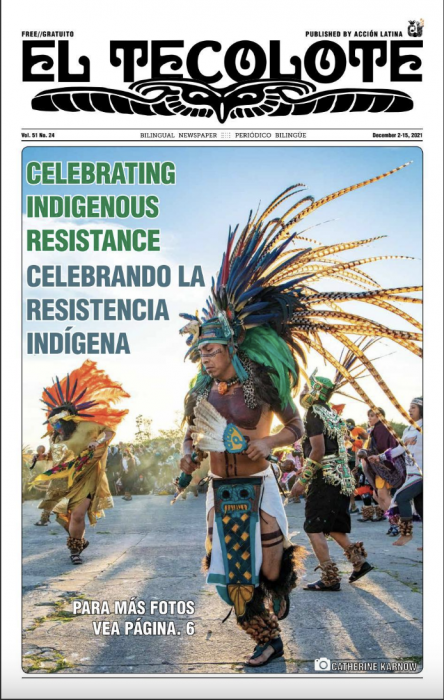
Instead, he went to community college with a $150 stipend for books in hand. Was he angry? “Not at first. But it was disheartening,” Gonzales said. He eventually transferred to San Francisco State.
Mentoring generations of journalists
While running El Tecolote, Gonzales began teaching at SF State, in the College of Ethnic Studies. He would have preferred to teach journalism but believes his support of the student strike went against him.
Politics were no barrier to teaching at City College. He was recruited on the condition that he also serve as chair of the journalism department, a post he has held since 1985, mentoring generations of aspiring young journalists.
“Juan used to say that journalism isn’t just what you see, it’s something you smell and you taste and you use all your senses,” said Joe Fitzgerald Rodriguez, who studied with Gonzales at City College.
Now a reporter and producer at KQED, Rodriguez said his mentor insisted that he and other students get out in the community and learn about issues affecting regular people. “Juan was keenly aware of who gets listened to and who doesn’t (in news coverage). “He reminded us not to be the journalists who didn’t listen.”
City College has been in turmoil for years. At one point, it faced a possible loss of accreditation, and enrollment plummeted. Ongoing budget woes have forced cuts to staff and classes. Gonzales is contemplating retirement in about a year, but he won’t leave unless he’s convinced that the journalism department will survive after he departs.
Along the way, family life has been good. He’s been married since 1980, raised a son and a daughter, has two grandchildren, and owns a home in Daly City.
How does he envision his legacy? “What I do for myself stays with me. But what I’ve done for others remains. I like to think I’ve been a role model for how people can do the important work in their communities.”



